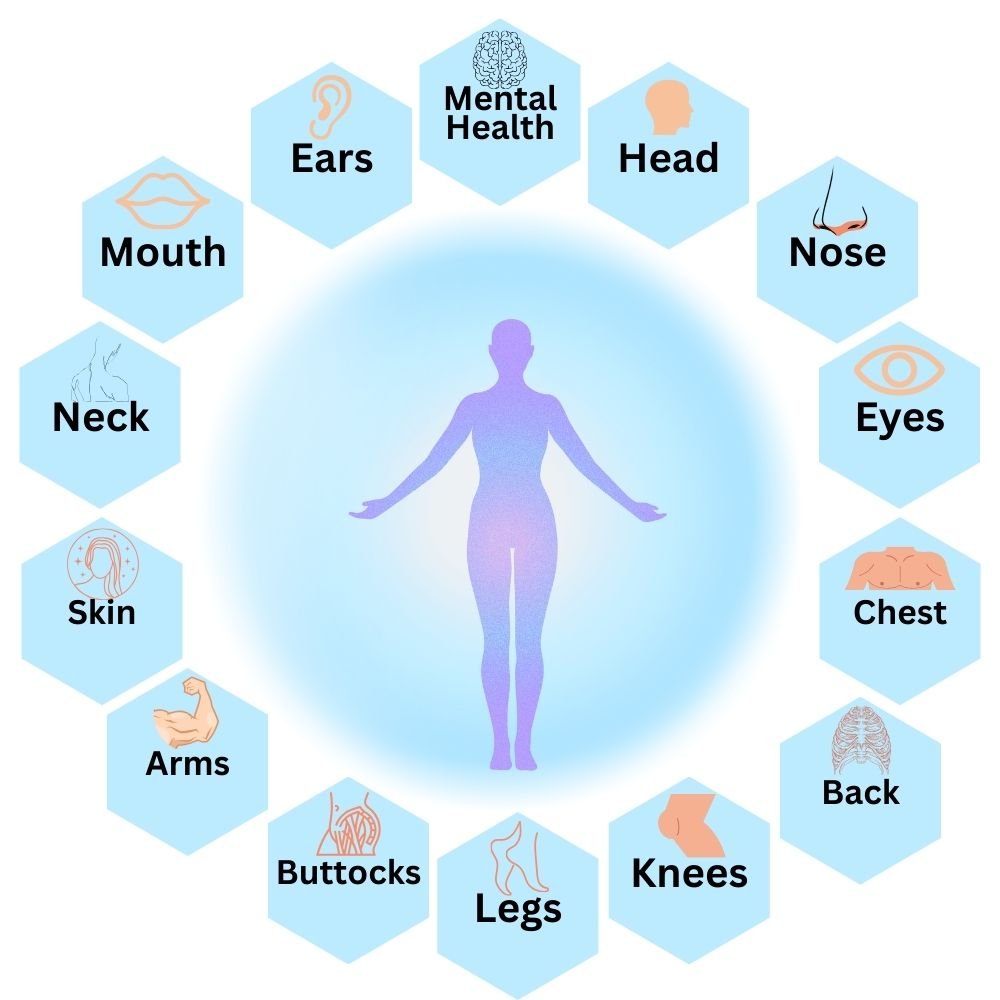Welcome to Wellhealth Ayurvedic Health Tips, where ancient wisdom meets modern wellness. Ayurveda, the science of life, offers holistic solutions for maintaining physical, mental, and emotional well-being. In this guide, we’ll delve into the reasons for embracing Ayurvedic practices, explore effective treatments, discuss essential tests, and provide actionable dos and don’ts. Whether you’re new to Ayurveda or seeking to deepen your understanding, this guide will empower you to enhance your health naturally.
- Meditation.
- Proper Breathing.
- Regular Sleep.
- Proper Diet.
- Immune-Boosting Herbs.
- Avoid Smoking and Alcohol.
- Destress.
- The Lotus Symbol.
Post Views: 28










